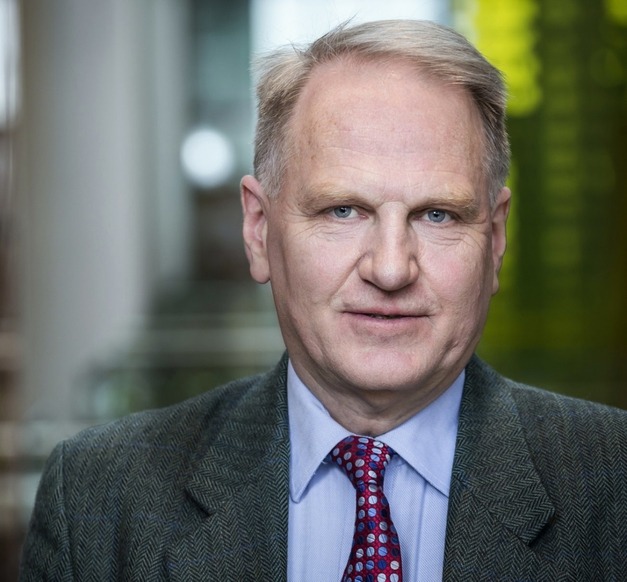Ingólfur Ásgeir Jóhannesson, professor at the School of Education
Expanding globalisation has led to more opportunities for researchers at the University of Iceland to collaborate with international colleagues in countries both near and far. Professor Ingólfur Ásgeir Jóhannesson, along with a large group of colleagues from the School of Education and postgraduate students, is involved in a wide-reaching collaborative research project built around the Nordic Centre of Excellence JustEd, which stands for "justice through education in the Nordic countries".
Globalisation in the 21st century is key to the project. "JustEd is the collaborative project of twelve universities in the Nordic countries as well as three universities elsewhere in Europe and Australia. The project is coordinated by researchers at the University of Helsinki and involves a total of 130 researchers and doctoral students. The Centre's work is based on a very broad research question: How do systems, cultures, and actors in education enable and constrain justice in the context of globalising Nordic welfare states?" says Ingólfur.
Ingólfur Ásgeir Jóhannesson
"JustEd is the collaborative project of twelve universities in the Nordic countries as well as three universities elsewhere in Europe and Australia. The Centre's work is based on a very broad research question: How do systems, cultures, and actors in education enable and constrain justice in the context of globalising Nordic welfare states?"

The Centre received a substantial five-year grant, from 2013 to 2018, from the research institute of the Nordic Council of Ministers, NordForsk. According to Ingólfur, partners at the University of Helsinki asked the Icelandic research team to take part in the grant application, which was successful. "The nature of the partnership is that it forms an umbrella for different research projects. The Icelandic team is researching working procedures in secondary schools, conditions for LGBT people in schools and the introduction of sex equality provisions in laws and primary and secondary curricula," Ingólfur explains.
The Icelandic team's research has been conducted through interviewing students, teaching staff and administrators in upper secondary schools and has shed light on student initiatives in class and their experiences of changing secondary school.
"The Centre has provided Icelandic doctoral students with the opportunity to take part in a summer school three years in a row. It also coordinates diverse research collaboration whereby scholars in educational sciences in the Nordic countries compare notes and co-publish findings pertinent to the main research question," says Ingólfur.
"Hopefully this research will also influence discourse about how to facilitate the social integration of immigrant mothers in studies. The research could also support the creation of guidelines on the development of university study programmes and policies designed to support international university students."


